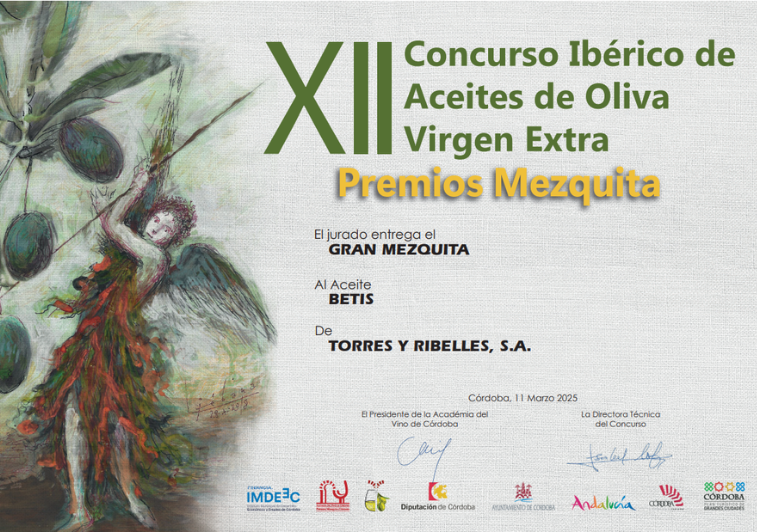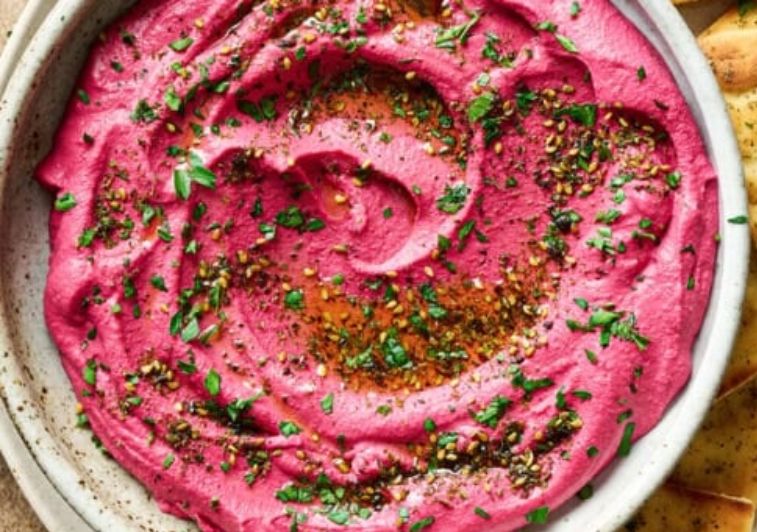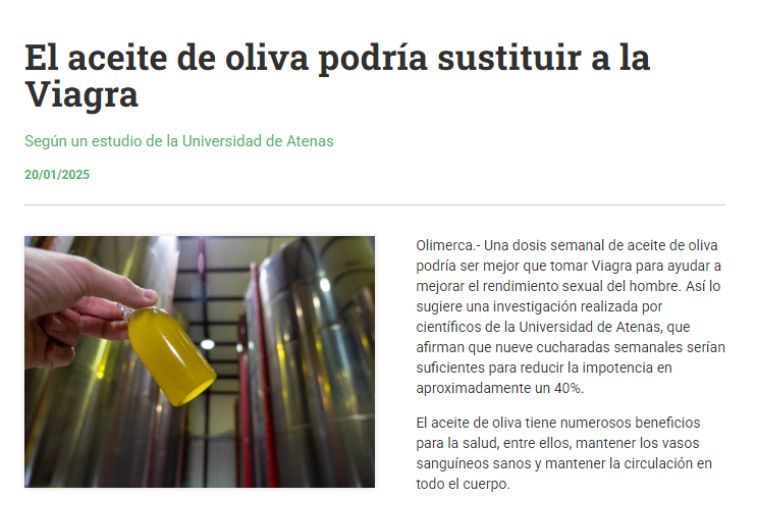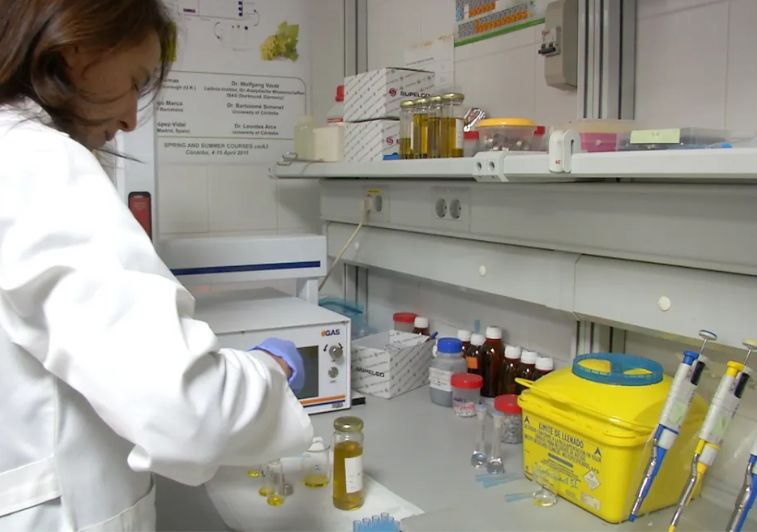LEARN TO PREPARE YOUR OWN HEALTHY AND BALANCED DIET

Many of us are determined to compromise with our health, to eat a balanced and healthy diet that strengths our defenses and provides the organism with the essential nutrients. The problem appears when we do not know what a healthy and balanced diet is.
There are so many myths, miracle diets and misleading advertising about slimming products full of additives and toxic substances. It is difficult to know if all these myths are true.
So, we want to share some tips to elaborate our own diet considering some basic principles and revising which foods are the more beneficial in the kitchen, the quantity and the distribution throw the day.
What nutrients does the body need?
It is necessary that you understand that proteins, fats, carbohydrates, vitamins and minerals are essential nutrients that the organism need in order to survive, in other words, to maintain our body clean, thin, healthy, strong and detoxified. It is important to understand that all are necessary.
- Proteins. It is necessary to eat meat or fish, or combining cereals (75%) + vegetables (25%) + seeds and nuts to obtain proteins of high biological value. Total protein per day: 10-15%.
- Fatty acids. The most beneficial are the unsaturated ones, which come from cold pressed vegetable oils, seeds and nuts and fish. Meat contains numerous saturated fats and almost all processed products contain trans fats, the most harmful and dangerous. Total fat per day: 25-30%.
- Carbohydrates. The complex carbohydrates are the most efficient source of energy for the body and must be the most abundant nutrient in a balanced diet. These complex carbohydrates come from cereals and vegetables. To a lesser extent, vegetables, seeds and nuts. Total carbohydrate per day: 55-65%.
- Vitamins and minerals. The main sources of vitamins and minerals are in the fruit and raw and fresh vegetable elements.
When to introduce them?
Breakfast, lunch and dinner. There is a basic law and it is so easy: breakfast rich in carbohydrates (cereal flakes, vegetables, fruit, etc.), moderate and proteinic lunch that includes raw vegetable foods (salads and cereal + vegetable, meat or fish, or vegetable protein such as tofu), and light and warm dinner where carbohydrates and hot vegetables predominate (soups, purées, cereals, vegetables, etc.).
A good idea to snack between hours is eating nuts or fruit. Another option would be the vegetable pâtés like hummus ... delicious and nutritious.

 United States
(English)
United States
(English) Spanish
(Español)
Spanish
(Español) Chine
Chine


















